Presenters
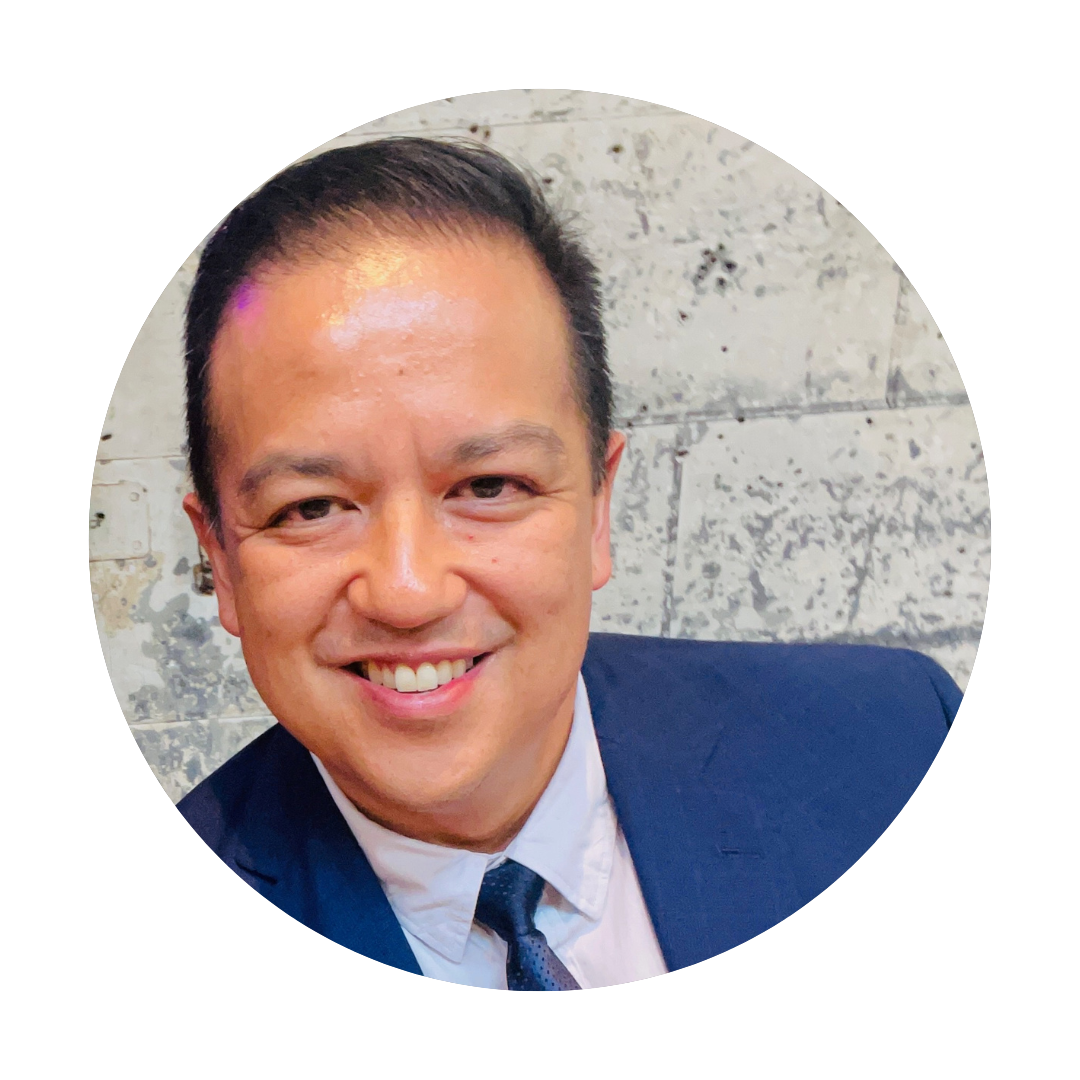
Carlo Reyes, MD, JD
Carlo Reyes is president of the Ventura County Medical Association and a member of the clinical faculty at UCLA Medical Center. He is an accomplished emergency room physician with over two decades of medical practice. His dedication to palliative care is evident through his longstanding membership in the Ventura County California Coalition of Compassionate Care, where he has passionately advocated for advancements in the field. Beyond his medical career, Reyes is also a practicing attorney, who has actively contributed to legislative efforts, fighting for the rights of palliative patients. In recent years, he has been exploring the utilization of psychedelic medicine in palliative care, driven by a commitment to enhance the quality of life for those facing serious illnesses. Reyes's unique blend of medical, legal, and advocacy skills positions him as a leader in the pursuit of compassionate and innovative palliative care solutions.
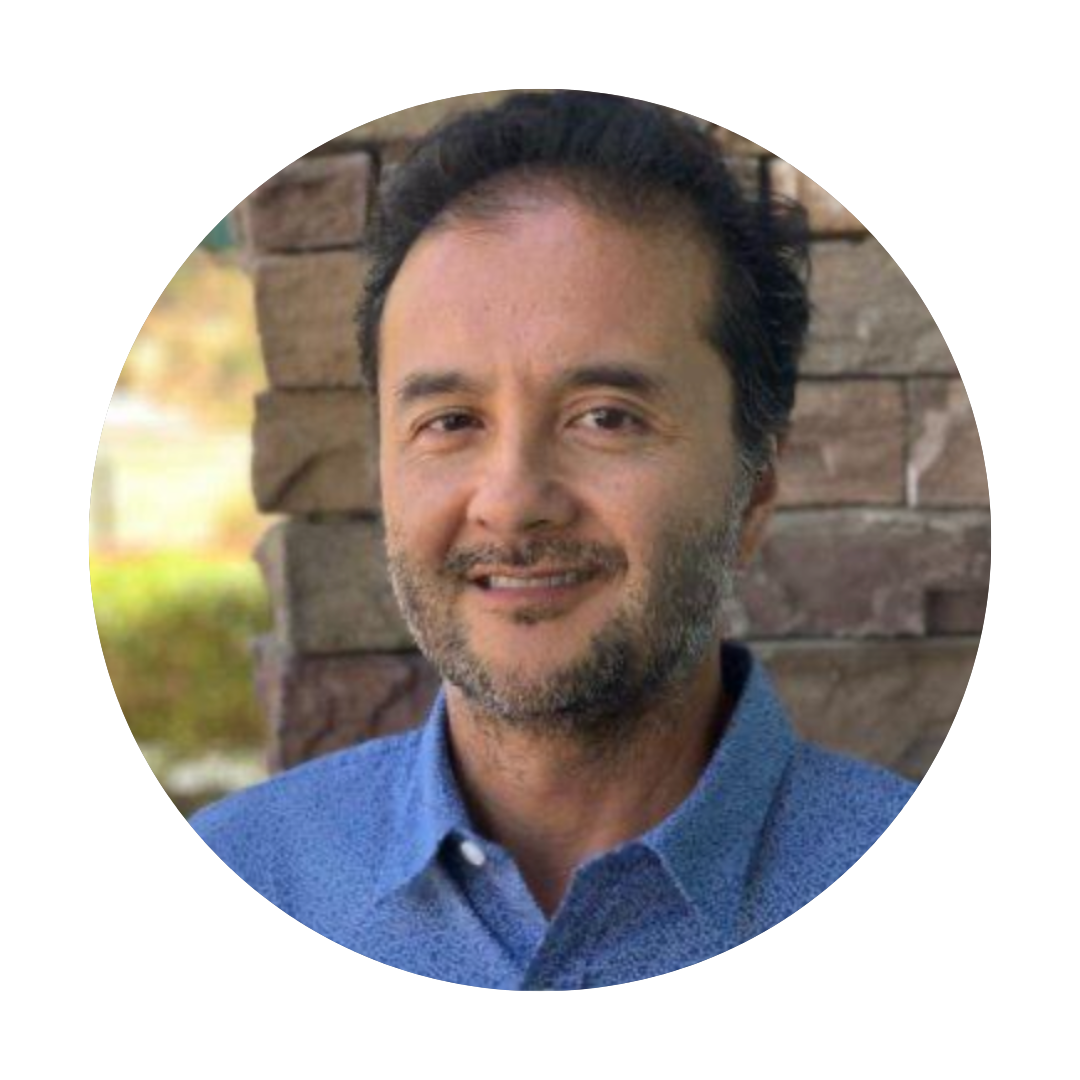 Arjun Reyes, MD
Arjun Reyes, MD
Arjun Reyes is a psychiatrist and diplomate of the American Board of Psychiatry and Neurology in Adult and Addiction Psychiatry. He has dedicated over two decades to the field of psychiatry in the greater Los Angeles area, earning a reputation as a compassionate and innovative clinician. As a primary investigator for the COMPASS Pathways psilocybin clinical trial, Reyes is at the forefront of groundbreaking research aimed at treating treatment-resistant depression. His work in psychedelic research underscores his commitment to exploring diverse modalities for healing and treating depression.
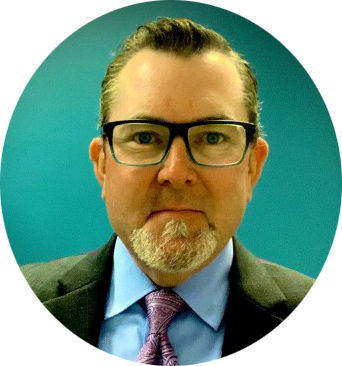 Stephen Lewis, DMin
Stephen Lewis, DMin
Stephen Lewis is a board-certified chaplain at UC San Diego Health, with extensive experience in palliative care and hospice settings. He has studied psychedelic research over the past eight years and has received certified training in MDMA-assisted therapy for PTSD through the Multidisciplinary Association of Psychedelic Studies. He is the co-convener of the Transforming Chaplaincy Psychedelic Care Network, an international collective of spiritual care professionals engaging psychedelic research and therapies. Lewis is involved in multiple grant-funded research projects at UC San Diego Health and is pursuing opportunities to integrate spiritual care and psychedelic care in research protocols and clinical environments.
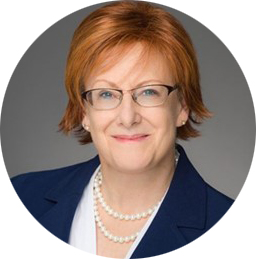 Jennifer Moore Ballentine, MA
Jennifer Moore Ballentine, MA
As CEO of the Coalition for Compassionate Care of California, Jennifer Moore Ballentine monitors developments in the practice and policy of palliative care, including legislative and regulatory efforts that will support innovation and improve effective therapeutic interventions for persons suffering with serious illness and those who love them. Policy is an area of special interest for Ballentine, and she serves on several statewide and national workgroups focused on legislative, regulatory, and policy matters, including the Master Plan for Aging Sacramento Region workgroup, the California Department of Aging’s Elder and Disability Justice Coordinating Council, the National Hospice and Palliative Care Organization Palliative Care Council, the Coalition to Transform Advanced Care Regulatory Taskforce, and the Patient Quality of Life Coalition.

Michael D. Fratkin, MD, FAAHPM
Michael Fratkin is a palliative care physician in rural northern California with a long history of local innovation, national influence, and a passion to create access for disregarded communities. He has worked for decades to bridge the psychedelic science to the care of people and their families facing the psychospiritual challenges of serious illness, approaching death, and complex grief. His current professional activities include being a director of The Board of Psychedelic Medicine and Therapies, board president for the Institute for Rural Psychedelic Care, co-leader for the End-of-Life Special Interest Group of the Psychedelic Medicine Association, and founder of an open forum and community space, PalCarePsychedelicCare Google Group, that now has more than 800 active participants.
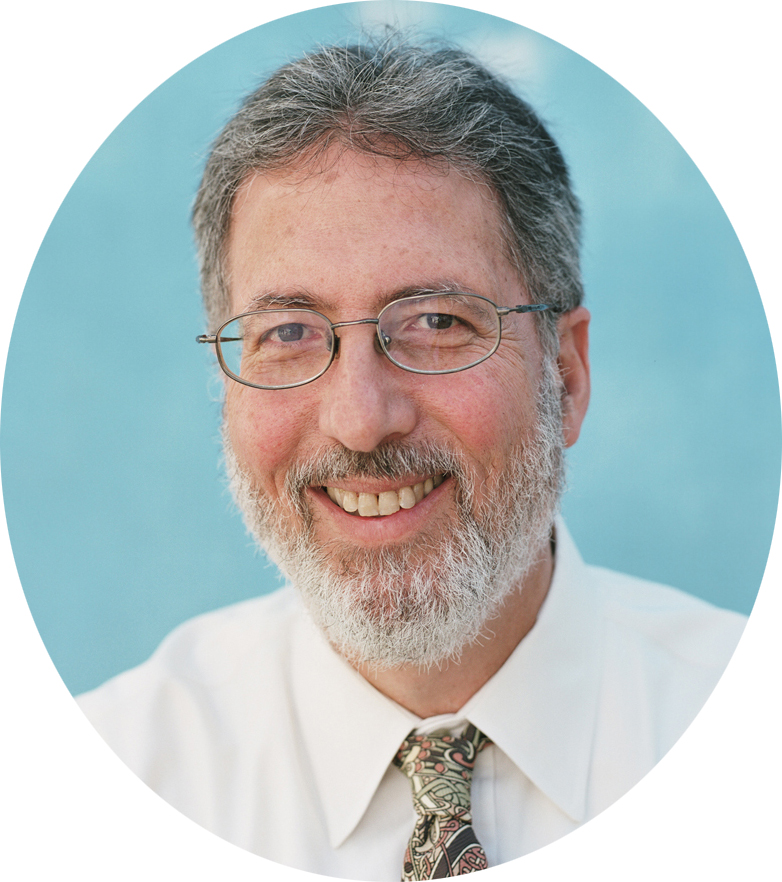 Charles S. Grob, MD
Charles S. Grob, MD
Charles Grob is professor of Psychiatry and Pediatrics at the UCLA School of Medicine and the director of the Division of Child and Adolescent Psychiatry at the Harbor-UCLA Medical Center. He previously held faculty positions at the Johns Hopkins School of Medicine and the University of California at Irvine. He has conducted approved clinical research with psychedelics since the early 1990s. From 2004−2008 he was the principal investigator of the first study in several decades to examine the use of a psilocybin treatment model for patients with advanced-cancer anxiety. He has also conducted research into the range of effects of MDMA, in both normal volunteers and in a selected subject population of adult autistics with severe social anxiety, and he has conducted a series of ayahuasca research studies in Brazil. Over the last 30 years, Grob has published numerous articles and chapters on psychedelics in the medical and psychiatric literatures and he is the editor of Hallucinogens: A Reader (Putnam/Tarcher, 2002), co-editor (with Roger Walsh) of Higher Wisdom: Eminent Elders Explore the Continuing Impact of Psychedelics (SUNY Press, 2005) and co-editor (with James Grigsby) of the recently published Handbook of Medical Hallucinogens (Guilford Press, 2021). He is a founding board member of the Heffter Research Institute.
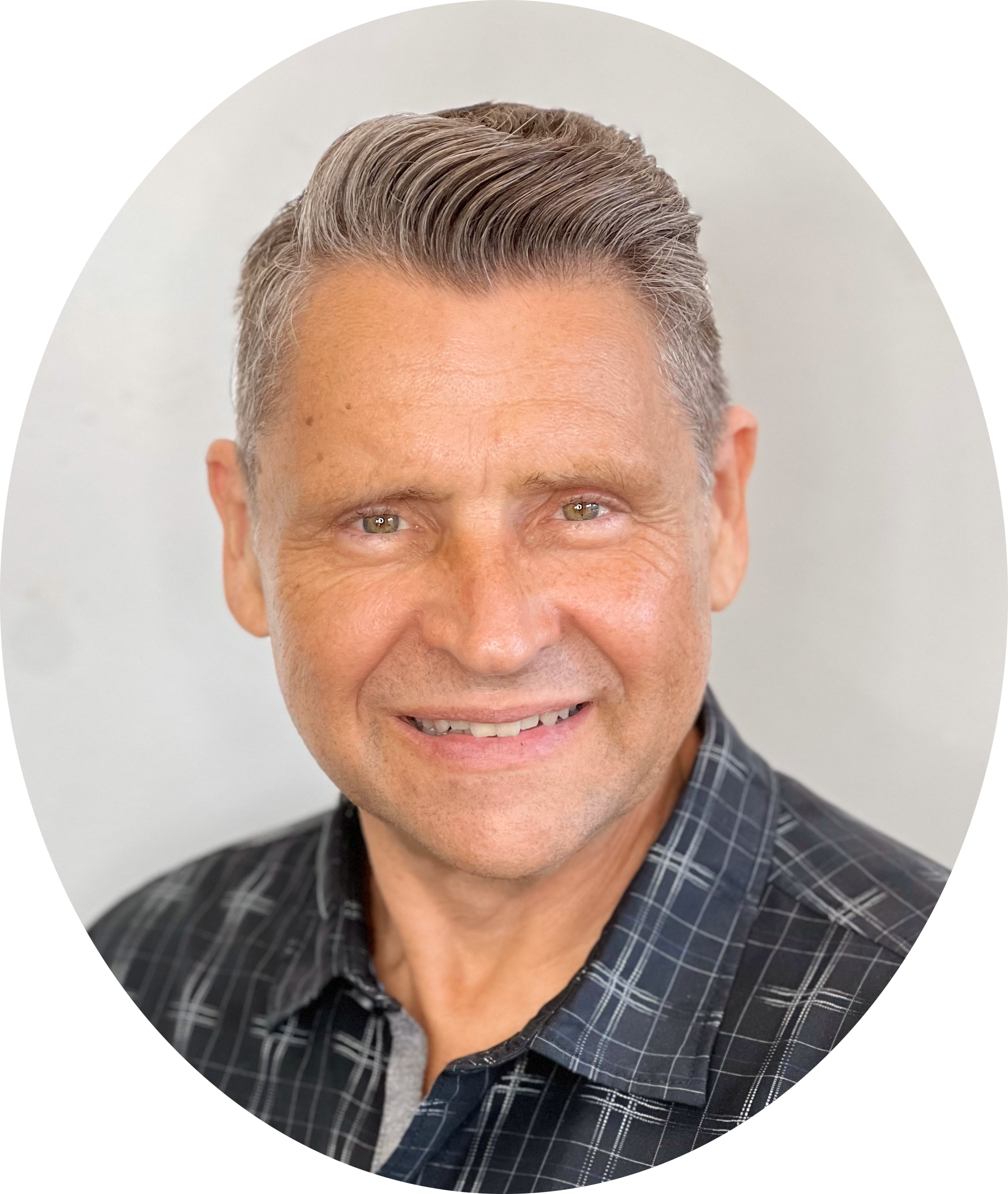
Christopher M. Thomson, PhD, PsyD, LCSW
Christopher Thomson specializes in working with dually diagnosed individuals with severe and persistent mental illnesses and their families. He has always had a special interest in working with family and couples, especially where one or both suffer from severe mental illness. Dr. Thomson is on staff at several inpatient and outpatient mental health facilities in the Pasadena area and helps facilitate hospital admissions in a sensitive and professional manner. He also helps professionals coping with workplace stress. He works collaboratively with patients to help them develop communication skills and greater awareness of their actions and decisions within family and work relationships. With new skills and awareness, patients become more organized and empowered, especially when they encounter adversity in their relationships and work life. Dr. Thomson incorporates recovery model and person-in-environment approaches to treat the entire family system. He is also a psychoanalyst and has treated many individuals with severe trauma histories.
 Assemblymember Marie Waldron, D-CA
Assemblymember Marie Waldron, D-CA
Marie Waldron has been actively involved in her North San Diego and Southwest Riverside region for two decades, and is the "author" of Assembly bill 941, which seeks to require the California Health and Human Services Agency to convene a workgroup to study and make recommendations on the establishment of a framework governing psychedelic-assisted therapy. Elected to the California State Assembly in 2012, Waldron serves as Assembly Republican Leader. She is known as a strong advocate for patient access to health care, opioid/substance use and mental health treatment. She is a member of the Mental Health caucus, the Prevention Support Team of Mental Health Systems-North Inland Community Prevention Program, and has served on the Assembly Health Committee, the Select Committee on Health Care Delivery & Universal Coverage, and the Select Committee on Infectious Disease in High Risk Communities. She is currently serving on the Stanford 5 Year Initiative on Neuroscience, a working group to foster communication between policymakers and researchers regarding mental health, addiction and opioid drugs. Waldron is a former member of the San Diego County Opioid Task Force, and has been honored as "Legislator of the Year" from both the CA Life Sciences Association and the California Chronic Care Coalition.